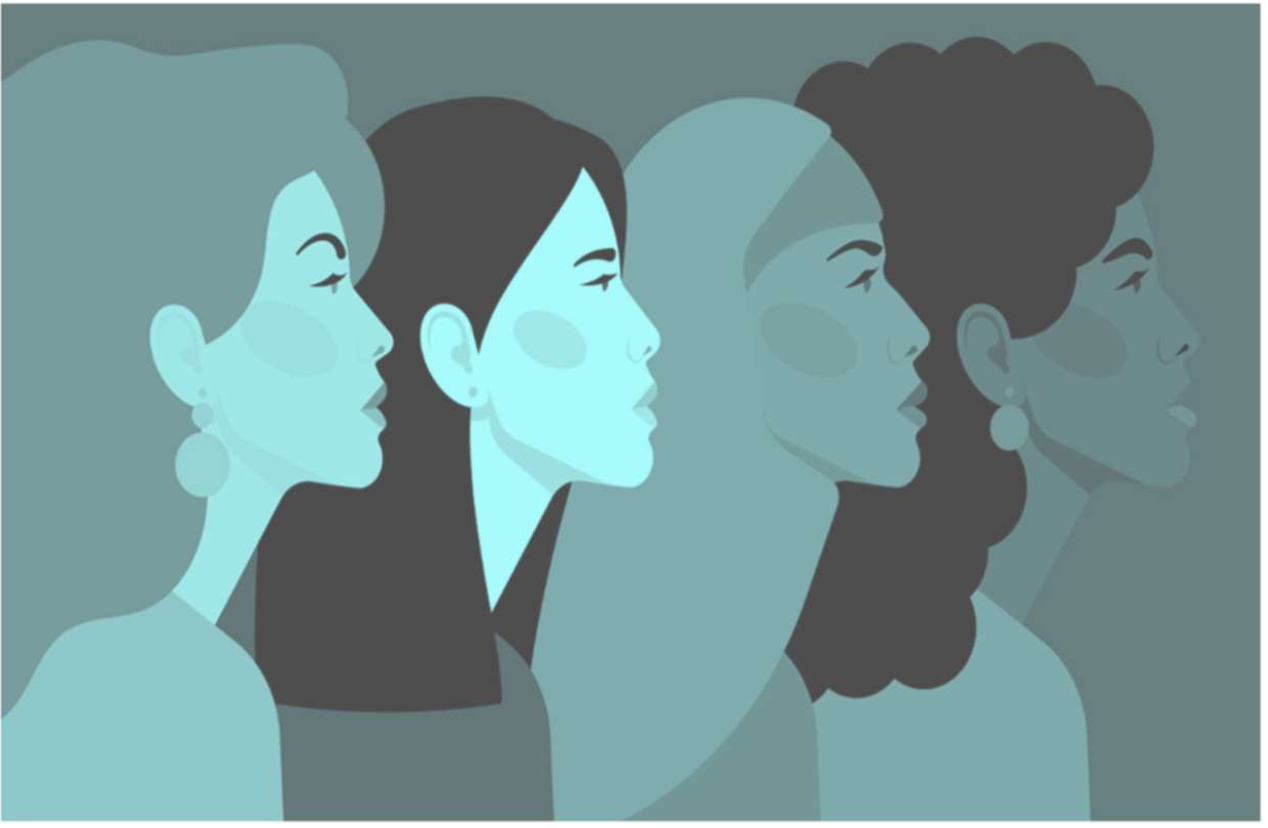Washington, DC —
Today, the
Institute for Women’s Policy Research (IWPR)
released national estimates of access to paid sick days across lines of race/ethnicity and gender, using data on private sector employees from the 2009 National Health Interview Survey (NHIS). IWPR estimates
show
that access to paid sick days is significantly rarer among Hispanics and blacks. Asian Americans and whites overall have the highest rates of access at 67 and 60 percent respectively, compared to 56 percent of blacks and 42 percent of Hispanics.
White women (59 percent) are slightly less likely than white men (61 percent) to have access to paid sick days. Women on average have higher rates of coverage among blacks and Hispanics, but lower rates among whites and Asian Americans.
“Wage and earnings inequality have been and continue to be linked to race, ethnicity, and gender, but these estimates document an additional source of economic inequality in the U.S.—the ability to affordably take time off work in order to care for yourself or your family,” said Robert Drago, Research Director at the Institute for Women’s Policy Research. “Equal access to paid sick days is important because anyone may become ill, or have a family member who suffers injury or illness.”
“For many workers, including the majority of Latinos, taking a day off to attend to a sick child could mean losing their job,” said Eric Rodriguez, Vice President of the Office of Research, Advocacy and Legislation at the National Council of La Raza (NCLR). “Fair wages, a safe and healthy workplace, and paid sick leave are all part of the formula of job quality.”
“Access to paid sick days is a racial justice issue,” said C. Nicole Mason, Executive Director of the Women of Color Policy Network and Research Assistant Professor at New York University. “The economic security of low-income families and communities depends on the passage of state and federal policies that ensure work life balance.”
The NHIS figure used in the estimate released today closely parallels a recent IWPR estimate using data from the National Compensation Survey (NCS) that showed an average rate of access to paid sick days at 58 percent. That analysis found that only 23 percent of food service workers and 38 percent of personal care workers (who work directly with the elderly or disabled) have access to paid sick days. The NCS is a survey of private sector workers that includes personal care workers.
“We have long known that low-wage workers, those working in home care, and those who have close contact with the public in workplaces such as restaurants and hotels rarely have access to paid sick days,” said Barbara Gault, Executive Director and Vice President of IWPR. “Expanding access to paid sick days is in the interests of economic equality and public health. Improved access is also needed to counter economic disadvantage in the black and Hispanic communities.”
The Institute for Women’s Policy Research (IWPR) conducts rigorous research and disseminates its findings to address the needs of women and their families, promote public dialogue, and strengthen communities and societies. IWPR is a 501(c)(3) tax-exempt organization that also works in affiliation with the women’s studies and public policy programs at George Washington University.


